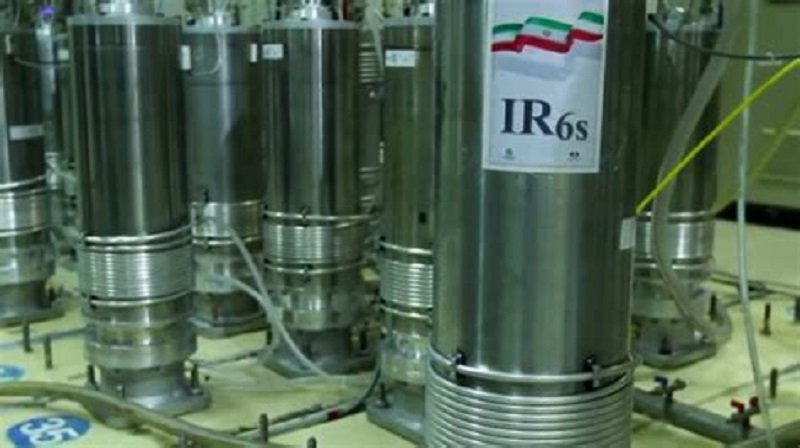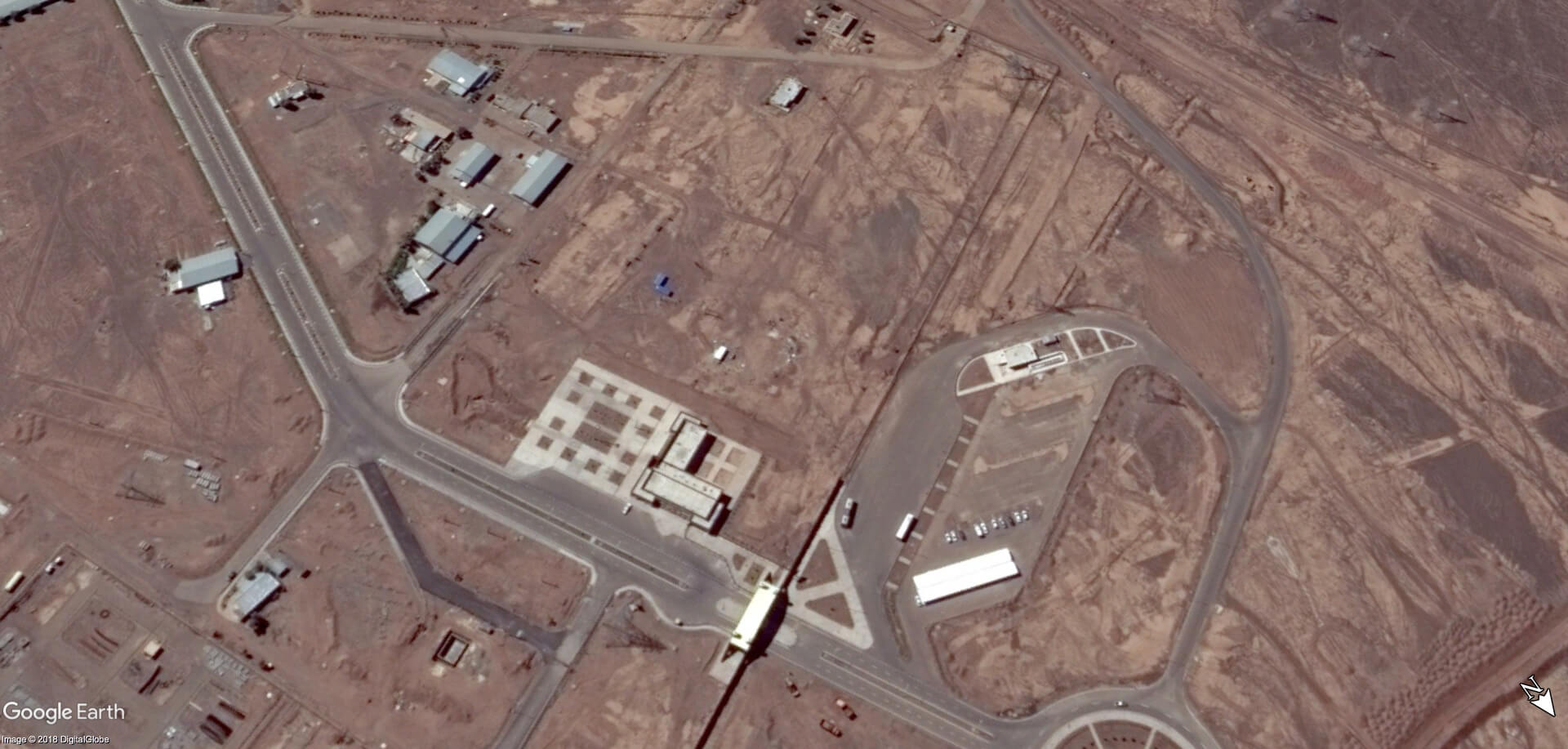The International Atomic Energy Agency (IAEA) on Wednesday accused Iran of enriching uranium with highly advanced centrifuges at its Fordow nuclear power plant. The IAEA made the announcement amid ongoing talks between Iran and world powers in Vienna to restore the 2015 nuclear deal, formally known as the Joint Comprehensive Plan of Action (JCPOA).
The nuclear watchdog said that Tehran has started the process of enriching uranium to 20% purity using a cluster of 166 advanced IR-6 machines at Fordow. It also noted that while Iran has mostly been producing enriched uranium with the much slower IR-1 machines and only enriched a small amount of uranium using IR-6 centrifuges, the latest move constitutes a clear escalation on the part of Iran.
The development is a serious blow to international efforts aimed at salvaging the JCPOA and is a clear violation of the terms set by the 2015 agreement. According to the deal, Iran is prohibited from enriching uranium at Fordow, an underground nuclear facility long suspected by Western intelligence agencies of being the main site that Tehran has been using to potentially manufacture nuclear weapons.
Also Read: Restoring the Iran Nuclear Deal to its 2015 Format is Pointless
IAEA chief Rafael Grossi called Iran’s moves troubling and stressed the need for more inspections at Fordow. “This redoubles the alert. It is not banal. Iran can do it, but if you have such an ambition you need to accept inspections. It’s necessary,” Grossi said.
Moreover, the IAEA announced that it plans to step up inspections at Fordow. “The Agency has decided and Iran has agreed to increase the frequency of verification activities at FFEP and will continue consultations with Iran on practical arrangements to facilitate implementation of these activities,” it said, referring to the Fordow Fuel Enrichment Plant.
Last month, Israel had warned the United States (US) that its intelligence agencies had discovered that Iran was “taking technical steps to prepare to enrich uranium” to weapons-grade levels of 90% and above. Israeli Defence Minister Benny Gantz even called on Western countries to “exact” a price from Iran for accelerating its nuclear programme. “There needs to be a price that is expressed in economic sanctions and military activities so that the Iranians halt their nuclear race and their regional aggression,” Gantz said.

Iran has brushed aside such claims and accused Israel of “trumpeting lies to poison” the Vienna talks. “All parties in the room now face a test of their independence and political will to carry out the job—irrespective of the fake news designed to destroy prospects for success,” Iranian Foreign Ministry Spokesman Saeed Khatibzadeh said on Wednesday.
However, the West has expressed concerns over the recent nuclear moves made by Tehran and said that Iran is acting in bad faith. The US and the European Union (EU) have accused Iran of violating its commitments in the JCPOA and taking escalatory measures that have resulted in a “nuclear crisis.” The IAEA has also reported that Iran has been enriching uranium to 60% fissile purity, closer to the weapons-grade level of 90%. The 2015 deal stated that Iran could only enrich uranium up to 3.67% for the next 15 years. Tehran has also been restricting IAEA officials from accessing its nuclear facilities, which is another violation of the JCPOA.
Against this backdrop, EU nuclear negotiators said on Wednesday that they will assess Iran’s “seriousness” of the situation over the next few days before deciding whether to continue with the ongoing talks. “If they don’t show that they are serious about this work, then we’ll have a problem,” the diplomats noted, adding that the “next 48 hours will be very important” in this regard.
Iran and world powers on Monday resumed the seventh round of nuclear negotiations in Vienna to restore the JCPOA after Iran abruptly ended talks in June. Tehran has demanded that Washington remove all sanctions and guarantee that it will never withdraw from the deal once signed.

